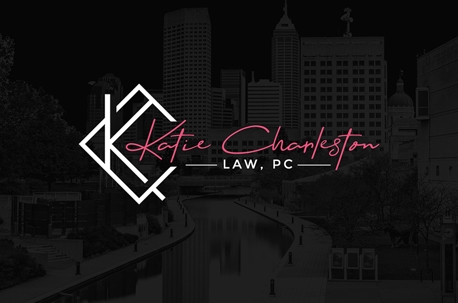7 Mistakes You Might Make When It Comes to Intellectual Property
Details such as copyrights or trademarks are critical for businesses of all types and sizes.
While intellectual property can be difficult to value, it’s often one of the most important assets a brand owns. However, business owners make common mistakes when it comes to protecting—or not protecting—their intellectual property rights.
1. Not Researching Your Business or Product Name
Intellectual property mistakes often begin even before a business or new product is established. You must consider intellectual property rights when you name your business, products, or service lines. If you come up with a name that’s already registered as a trademark, you may not be able to use it.
Before you move forward with a name—or even get too attached to one—do thorough research to ensure it isn’t already in use. Check the United States Patent and Trademark Office’s federal trademark database as well as any trademark databases kept by applicable states. You may also want to search businesses registered with the state and conduct a Google search to find out if anyone is using the same name in a different location or industry.
If someone is using the same or similar name in a completely different geolocation or industry, you may still be able to use the name. Talking to a business law attorney can help you understand your options.
2. Basing Availability Assumptions on Domain Names
While an internet search can be helpful in understanding whether another entity is using a desired business name, product, or tagline, you can’t simply call it done at a Google search. You also should never base assumptions on the availability of a domain name.
For example, say someone wanted to open a boutique children’s clothing and furniture store called “Chairs & Bears.” They might check to see if the domain “chairsandbears.com” is available and find that it is. That doesn’t mean the business name is available, and they should verify that it is before moving forward with purchasing the domain or using the name for their business.
3. Going Overboard With Patent Submissions
Patent processes are expensive, and they also put details about your invention within the public record. Every single invention may not need a patent, and there are cases where your inventions can be held as a trade secret without the need to seek a patent. This is definitely something you should consider on a case-by-case basis, and a patent attorney can help you understand your options for protecting your intellectual property and when a patent may be important.
4. Not Including Intellectual Property Considerations in Contracts
Business owners and leaders should consider who intellectual property rights belong to when an employee creates something within the scope of their employment. For example, if you hire a software engineer and they write a new program, does the copyright for the code belong to the individual or the business?
Typically, businesses can claim intellectual property rights for works or inventions created by people who work for them when that creation is part of the person’s job. It’s a good idea to spell out these concepts in your employment contracts, though. Make sure people understand that they are creating work on behalf of and for the business and not for themselves.
5. Skipping an Intellectual Property Inventory
Before you launch a startup, partner with someone else to open a business, or consider a merger, make sure you know exactly where you stand with regard to intellectual property. Take some time to list all your intellectual property assets and define who they belong to. If you haven’t already registered eligible assets for trademarks, copyrights, or patents, talk to an intellectual property rights attorney to ensure you have details covered before you take the next steps.
6. Not Filing for Copyrights
While you might want to take a conservative approach to patents and you may need to meet certain requirements before you can register a trademark, copyrights are fairly easy to register for and are not expensive. In general, copyright fees range between $50 and $125, and you can register a wide variety of written and created works. Filing for copyrights on written works, technical drawings, software code, and other qualifying assets is an easy way to ensure your intellectual property rights can be protected in the future.
7. Having No Budget for Intellectual Property Protection
Protecting your intellectual property does cost money. There are filing fees for copyrights, trademarks, and patents. You may want to pay for professional contract creation to help protect your assets, and if you find that someone has infringed on your intellectual property rights, you might need to engage in litigation to protect your interests.
Not understanding that these things cost money and not having a plan to pay for them as needed can put businesses in a difficult spot. Consider adding money for intellectual property protection to your budget when you create a new business or when you consider the financial implications of launching a new product.
Work With an Experienced Business Attorney
Intellectual property rights are complex, especially for businesses. To best protect your assets and interests, consider working with an experienced trademark and patent attorney. Contact the team at Katie Charleston Law, PC, to find out more about legal protections for your intellectual property. You can reach us at 463-229-6788.

